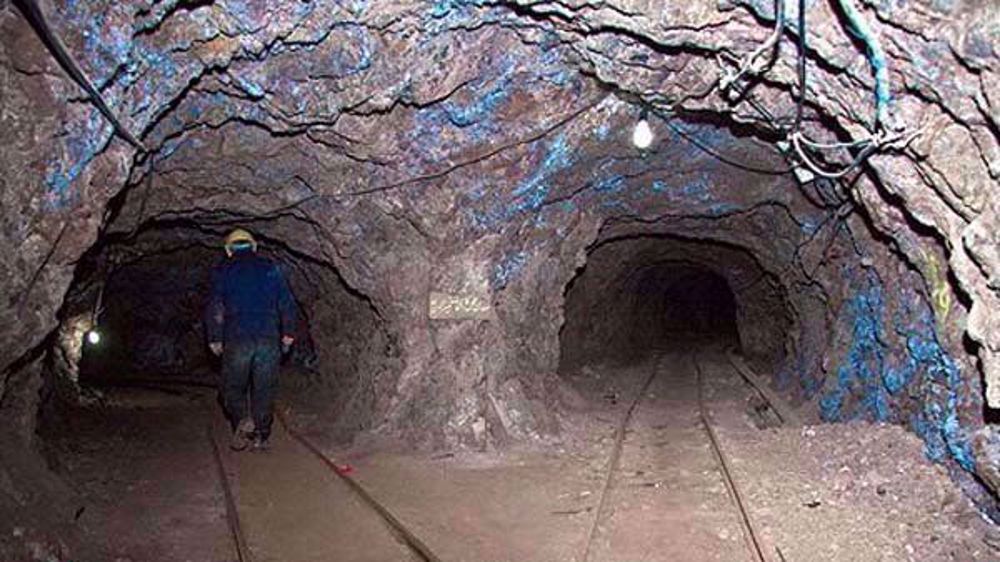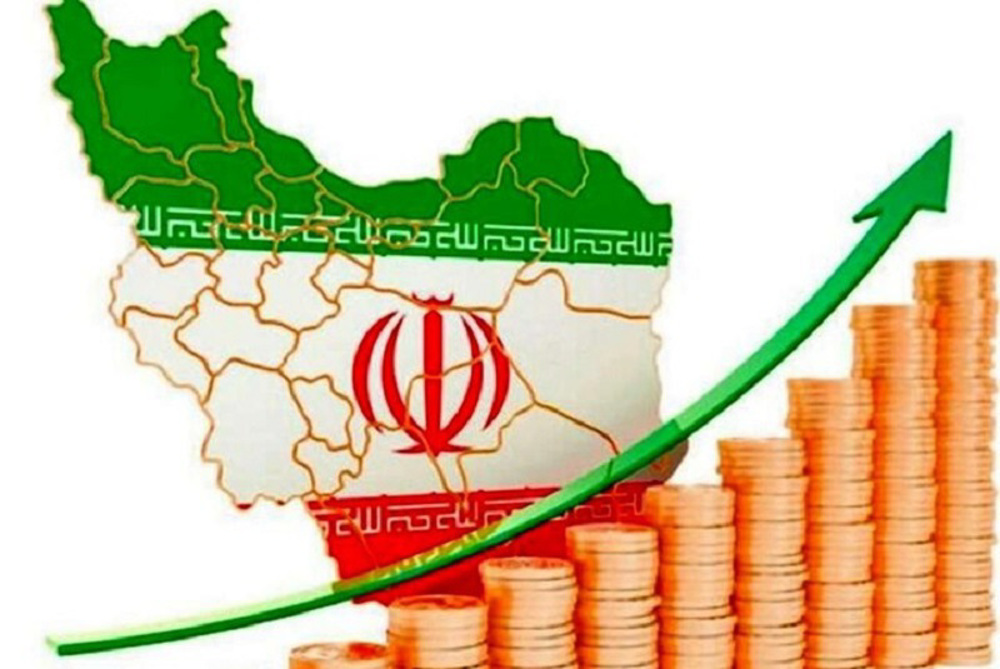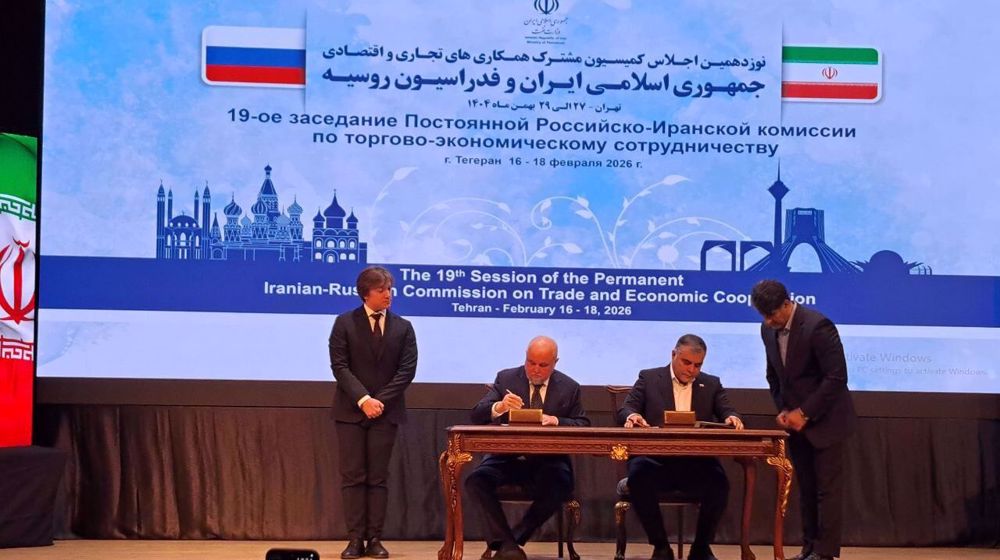US expands sanctions on metal trade with Iran
The US government has warned against exports of steel-making materials to Iran, the latest salvo in Washington’s campaign to target everything from oil sales to civilian transportation and financial activities.
In a sanctions advisory issued on Monday, the US State Department warned entities and individuals to avoid exporting graphite electrodes and needle coke to Iran.
"The US Department of State is issuing this advisory to alert persons globally to the US sanctions risks for parties involved in transfers or exports to Iran of graphite electrodes and needle coke, which are essential materials for Iran's steel industry," the notice said.
"Several US government sanctions authorities may apply to such transfers or exports, and those who engage in such transfers are at risk regardless of their nationality or location," it added.
Graphite electrodes are used to melt scrap in electric arc furnaces to produce new steel. Needle coke is used as a key material for graphite electrodes in an electric arc furnace.
Iran is a leading producer of steel in the world, with officials saying exports continue despite the US sanctions.
According to Khodadad Gharibpour, the head of Iran’s largest holding in metals sector known as IMIDRO, Iran’s steel output will hit 28 million tonnes in March when the current Iranian year concludes.
The country plans to increase its nominal capacity to 55 million tonnes a year by 2025.
While the sector is facing the headwinds of the US sanctions, industry experts say Iran’s steel industry will continue to grow even in worst-case scenarios. This is because the steel sector feeds more than 50 industries linked to construction in the country of 82 million where there is always strong demand for steel.
The United States first began targeting Iran’s revenue from exports of industrial metals in May. An executive order issued then by President Donald Trump singled out Iran’s iron, steel, aluminum, and copper sectors for sanctions, saying they were the largest non-oil sources of export revenue and 10 percent of Iran’s export economy.
The executive order says entities and individuals would be subject to US sanctions if they engaged in purchase, acquisition, sale, transport, or marketing of those minerals and their products from Iran.
The sanctions notice issued on Monday says in addition to producers and exporters, parties along the supply chain are also exposed to the sanctions, including port operators, shippers, shipping companies, and vessel operators and owners. US sanctions might also apply even if the intended end-user is not in Iran's steel sector, it added.
'Sanctions the war itself'
US Treasury Secretary Steven Mnuchin said on Saturday the sweeping sanctions on Iran are used in order to avoid potential war.
“The reason why we’re using sanctions is because they are an important alternative for world military conflicts. And I believe it’s worked,” he said.
Iran’s Foreign Ministry Abbas Mousavi shot back, saying the coercive measures are in fact a full-fledged war targeting civilians.
"Truth is: ‘Sanctions’ are the war itself. It is indeed the economic war and worse than that, the #EconomicTerrorism which unfairly targets civilians especially children, the elderly & the sick,” Mousavi tweeted.
The Trump administration announced last Wednesday that it was targeting the Islamic Republic of Iran Shipping Lines (IRISL) and Mahan Air -- two major arms of Iran’s civilian transportation.
The US Treasury Department said later the newly-announced sanctions would lead to the restriction of trade related to humanitarian goods.
"US persons will be prohibited from engaging in transactions involving Islamic Republic of Iran Shipping Lines (IRISL) or E-Sail, including transactions for the sale of agricultural commodities, food, medicine, or medical devices,” the Treasury’s guidelines on Iran sanctions read.
"In addition, non-US persons that knowingly engage in certain transactions with IRISL or E-Sail, even for the sale to Iran of agricultural commodities, food, medicine, or medical devices, risk exposure to sanctions under additional authorities,” it added.
The statement came despite Washington’s repeated claim that its sanctions did not affect Iran’s access to humanitarian goods.
Guardians of sky: How Iran’s radar network turned 12-day war into a blueprint for deterrence
The story of ancient Persia’s chromium steel
Iranian Navy chief calls for broader naval collaboration at MILAN 2026 naval exercise
VIDEO | Mini Iraq; A city in India that connects faith across borders
Pope skips America’s 250th anniversary despite Vance’s ‘in-person’ invitation
Iran condemns Israeli atrocities, ceasefire violations in southern Lebanon
US military buildup near Iran proves defeat in previous regional wars: Ansarullah
VIDEO | Declared dead, found breathing: The miraculous survival of Najwa after Israeli bombing of Gaza












 This makes it easy to access the Press TV website
This makes it easy to access the Press TV website